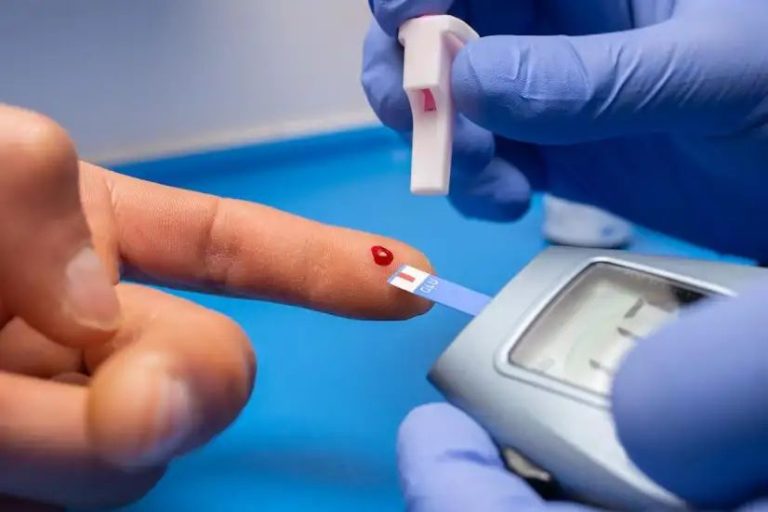Prostate cancer test may lead to overdiagnosis in black men, study suggests

Awidely used test for prostate cancer may leave black men at increased risk of overdiagnosis, a study has suggested.
Prostate-specific antigen (PSA) testing is routinely used as the first step in the UK to investigate men with urinary symptoms such as blood in urine or urinating very frequently.
Men aged over 50 years without symptoms are also able to request the blood test from their GP.
Academics at the University of Exeter sought to investigate the performance of the PSA test in identifying prostate cancer among men in different ethnic groups.
It is well-known that black men in the UK are more likely to be diagnosed with prostate cancer but what remains less clear is whether outcomes are worse for these men than their British white counterparts.
The study, funded by the National Institute for Health and Care Research, Cancer Research UK, and the Higgins Family, looked at patient records of 730,000 men to assess how many men received a diagnosis of prostate cancer following a raised PSA test result.
More than 80% of the men in the study had normal PSA levels, regardless of ethnicity.
The study found for the first time in a robust UK dataset – that PSA levels vary by ethnicity, with black men found to have higher PSA levels than white men, and Asian men having the lowest PSA levels.
Further analysis found that diagnoses of prostate cancer after the raised PSA result was highest in black men, compared with white men and Asian men.
When the team looked at how many men in each group had advanced prostate cancer, levels between black men and white men were very similar – suggesting that the relatively higher PSA levels may be influencing prostate cancer diagnosis in black men.





